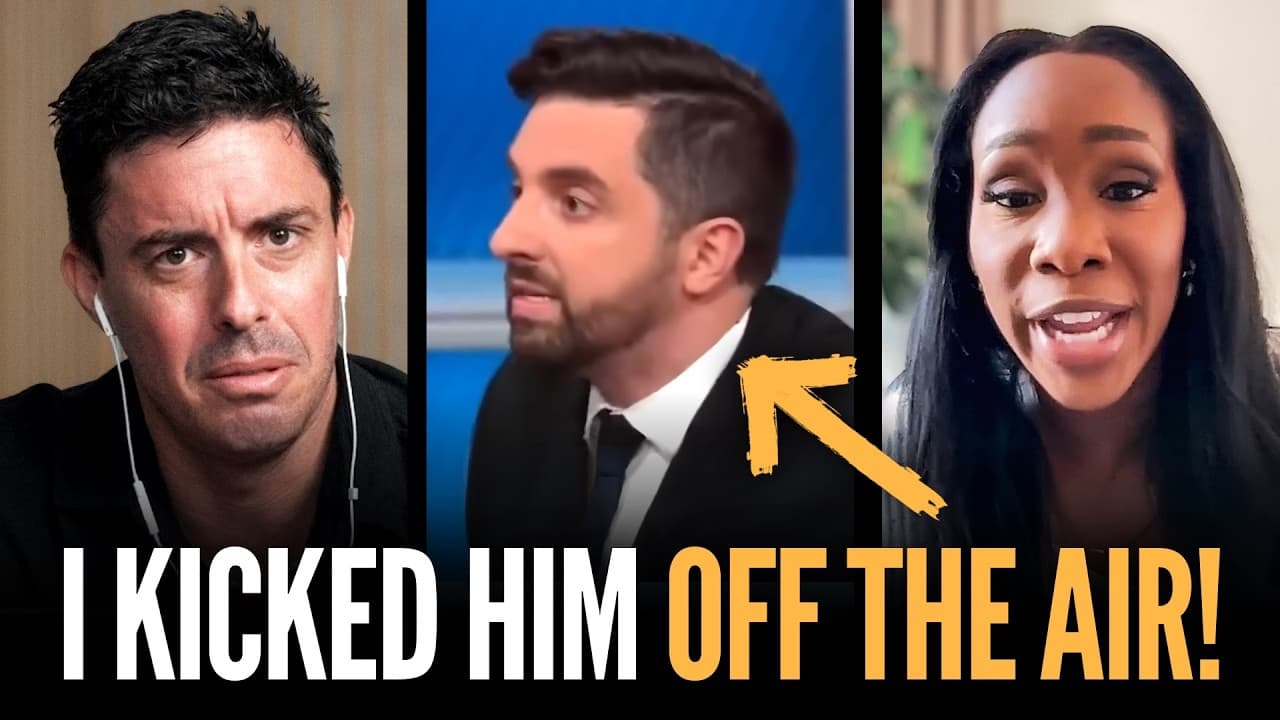Political Discourse Under Scrutiny: Abby Phillip and Tim Miller Discuss "Kooks" in Commentary

Washington, D.C. – CNN anchor Abby Phillip and The Bulwark's Tim Miller recently engaged in a candid discussion on the growing presence of "kooks" and "unserious people" within political and commentary circles. The conversation, featured on The Bulwark Podcast, delves into the challenges media and the public face when confronted with figures whose views might be considered extreme or lacking substance.
The Bulwark, a prominent "Never Trump" media outlet, promoted the discussion, quoting the central dilemma: > "How do you deal with the fact that a lot of the most popular and newsworthy people in politics and commentary are kooks that no serious person would want to elevate?"
Abby Phillip, host of CNN's "NewsNight," has publicly defended her journalistic approach of featuring a wide range of voices, including those from the "MAGA movement," despite criticism from the left. She argues that it is essential for the public to understand all perspectives and to confront misinformation directly, rather than ignoring it. Phillip recently published "A Dream Deferred: Jesse Jackson and the Fight for Black Political Power" and acknowledges CNN's "center-left" lean while emphasizing its commitment to diverse guests.
Tim Miller, a former Republican strategist and author of "Why We Did It: A Travelogue From the Republican Road to Hell," is a vocal critic of what he perceives as the decline of serious political discourse. As writer-at-large for The Bulwark and host of its flagship podcast, Miller consistently analyzes the shifting landscape of American politics and the motivations behind various political movements. His work often focuses on dissecting the rise of figures he deems "unserious" and the impact on liberal democracy.
The podcast conversation highlights a broader concern within media and political analysis regarding the amplification of fringe voices. Both Phillip and Miller, from their respective positions, grapple with the tension between providing platforms for diverse viewpoints and inadvertently legitimizing figures whose contributions might be seen as detrimental to informed public debate. The discussion underscores the ongoing challenge of maintaining journalistic integrity and fostering productive dialogue in an increasingly polarized media environment.